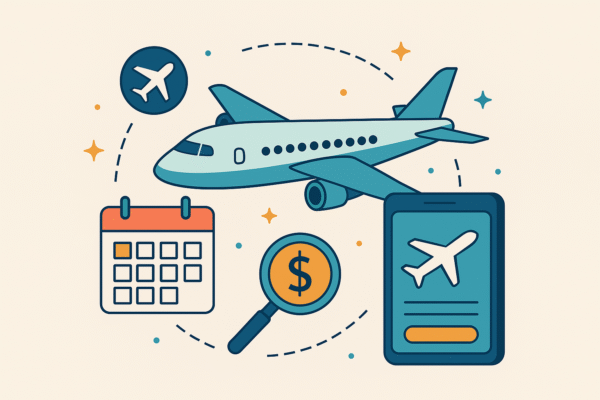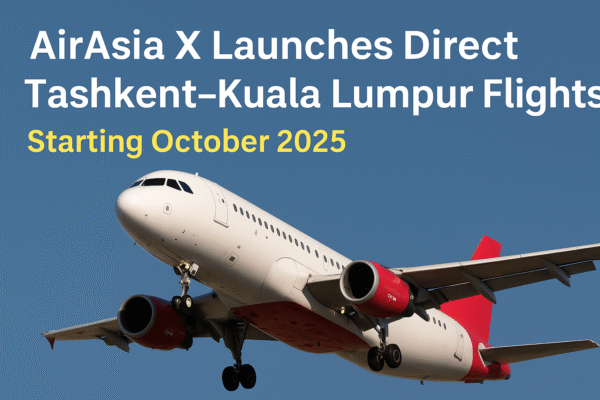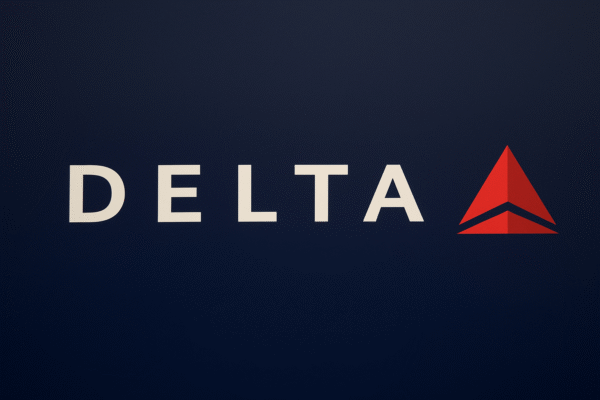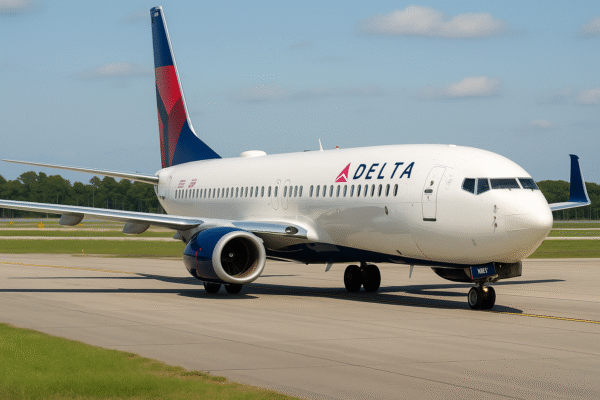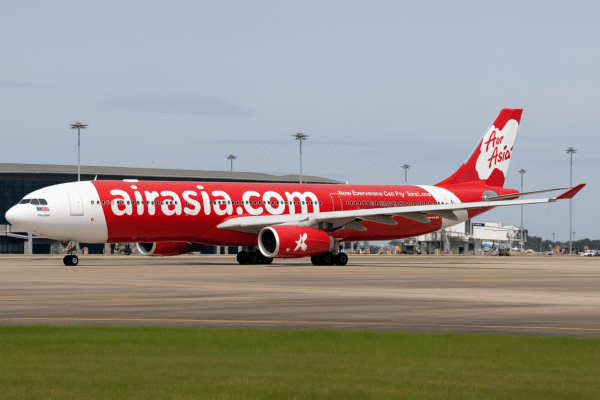BOSTON, USA – Delta Air Lines has stepped forward to address rising concerns about its use of artificial intelligence (AI) in determining airfares. Responding to growing political and public scrutiny, the airline clarified that its pricing strategy is driven by aggregate market data—not personal consumer information.
This announcement follows a formal inquiry from U.S. lawmakers who raised ethical and privacy concerns about the possibility of personalized ticket pricing. Delta emphasized that it has never used AI to generate individualized fares based on personal characteristics or digital behavior.
Lawmakers Alarmed Over AI’s Role in Consumer Pricing
The controversy came to a head after comments by U.S. Senators Richard Blumenthal (CT), Mark Warner (VA), and Ruben Gallego (AZ), who expressed fears that AI could be used to identify a passenger’s “pain point”—the maximum amount they are willing to pay for a ticket—by analyzing search history, geolocation, or browsing behavior.
Such a practice, the senators argued, would violate ethical standards and potentially lead to exploitative pricing, creating significant disadvantages for lower-income travelers and eroding public trust in the airline industry.
Delta’s Response: Market Data, Not Personal Profiles
In a formal letter to U.S. lawmakers obtained by Reuters, Delta made it clear that personal data does not influence airfare pricing.
“Our ticket pricing never takes into account personal data,” the letter stated.
Delta stressed that its pricing model relies on historical trends, demand forecasts, route-specific variables, and macroeconomic factors like fuel prices and market competition. According to the airline, dynamic pricing has been part of the aviation landscape for over three decades, but is used solely to adjust for supply and demand—not personal profiling.
AI Technology to Improve Market-Based Efficiency
Delta did confirm plans to roll out a new AI-driven revenue management system—developed with AI tech firm Fetcherr—across 20% of its domestic network by the end of 2025. This system aims to automate and optimize pricing models based on market data and is designed to replace outdated manual fare adjustments.
However, Delta reiterated that even with this AI upgrade, no customer-specific data—such as age, income, search behavior, or loyalty history—would be used in pricing.
The technology focuses instead on broader factors: route popularity, booking lead times, seasonal demand, and cost inputs.
Political Reaction: Lawmakers Want More Oversight
Senator Gallego acknowledged Delta’s clarification but stated that greater transparency is needed across the airline industry.
“While I’m glad to hear Delta isn’t using personal data to price tickets, I’m concerned about discrepancies between what airlines tell customers and what they report to investors,” Gallego said.
The call for consistency and regulatory oversight continues to grow, especially amid a broader global debate over ethical AI usage and consumer protection.
Other Airlines and Industry Watchdogs Echo Concerns
Delta is not alone in facing these questions. American Airlines CEO Robert Isom has also distanced his company from AI-driven personalized pricing models, emphasizing that “trust is the foundation of our relationship with our passengers.”
In January, the U.S. Federal Trade Commission (FTC) issued a report warning against the use of dynamic pricing based on customer-specific data, especially when such data could include life-stage indicators like pregnancy or medical needs.
The Bigger Picture: AI and the Future of Airline Pricing
Dynamic pricing, when applied ethically, has helped airlines stay competitive in a volatile market where oil prices, consumer demand, and travel disruptions fluctuate regularly. AI can process massive datasets to fine-tune this process—but concerns about crossing the line into personalized price discrimination remain strong.
The airline industry has long relied on variable pricing for flights booked at different times, days, or demand seasons. The difference now lies in the data source: historically anonymous market behavior vs. now potentially personalized algorithms powered by AI.
Delta’s Commitment to Transparent and Fair Pricing
Delta reiterated that the trust of its customers is paramount. The company affirmed that it would not deploy AI in a way that identifies individuals or manipulates pricing based on personal characteristics.
The airline continues to offer flexible booking policies, frequent flyer rewards, and real-time fare alerts through its mobile app and website. Additionally, Delta is investing in digital transparency tools to allow passengers to understand price shifts based on general demand trends, not personal behavior.
What Travelers Should Know
For travelers, this means:
- No AI-based individual pricing is currently in use or planned.
- Dynamic pricing remains based on general market conditions, like travel dates and destination popularity.
- Your personal data (e.g., device, location, cookies) isn’t being used to charge you more.
Those concerned about airfare fluctuations are encouraged to use fare comparison tools and incognito browsing, though Delta says these steps aren’t necessary with their pricing model.
Final Thoughts: Regulation on the Horizon?
With AI rapidly reshaping sectors from healthcare to transportation, the aviation industry may soon face stricter federal guidelines on pricing ethics. Lawmakers are expected to push for regulatory frameworks that ensure algorithmic transparency and fairness in airfare calculations.
Delta’s proactive response to the controversy signals a broader industry shift toward ethical AI integration—balancing innovation with responsibility.
For more travel news like this, keep reading Global Travel Wire



